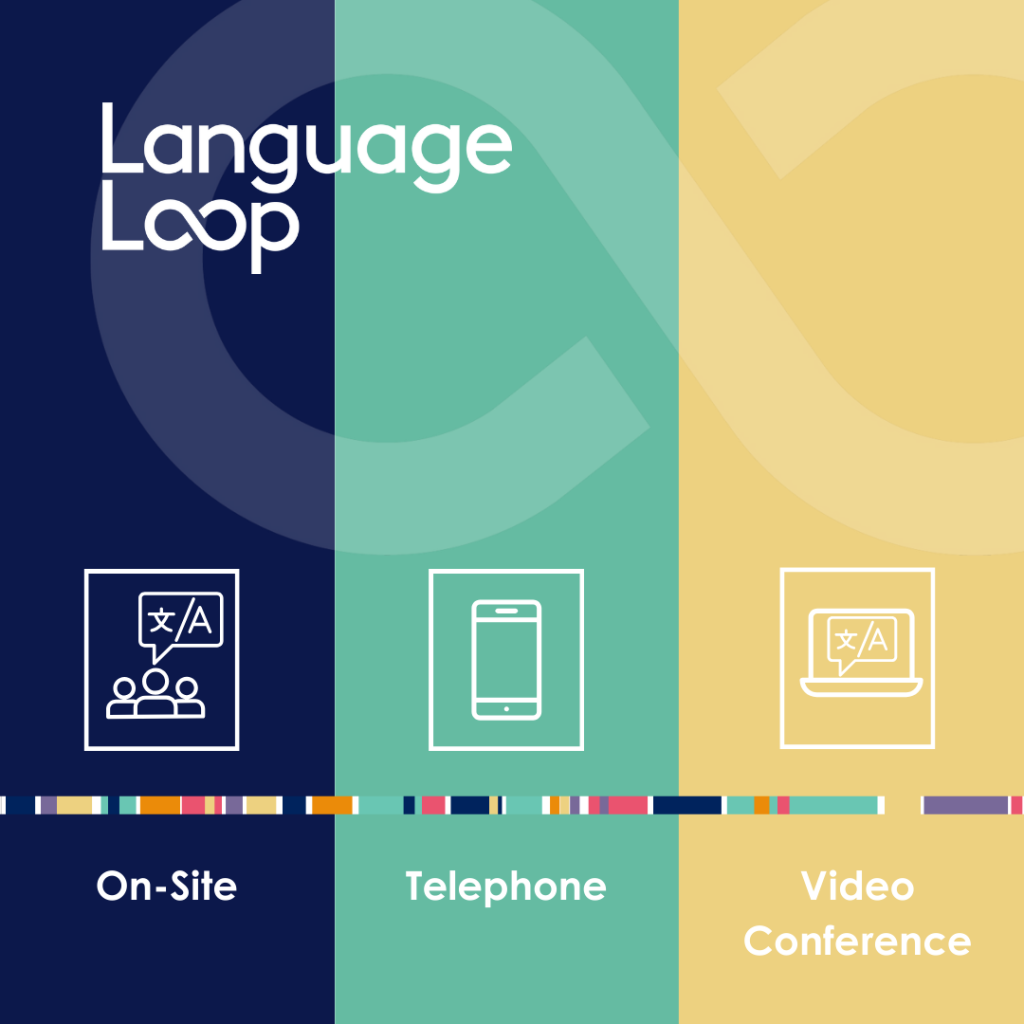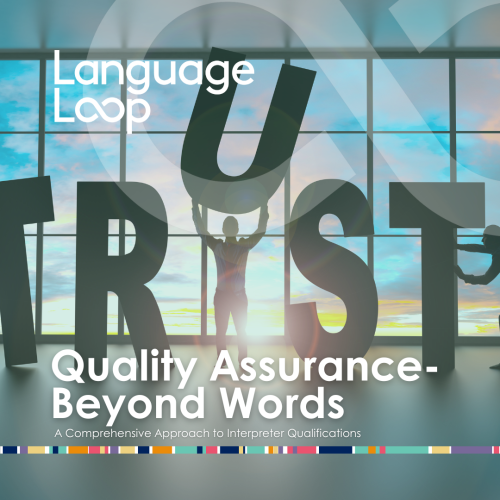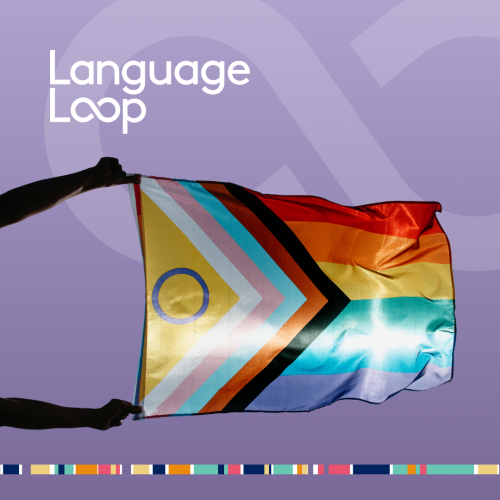Interpreters connect speakers of different languages through various methods or modes. This ability to deliver language expertise in multiple modes is helpful because, sometimes, one mode is more appropriate than others.
Do you need a telephone, video, or on-site interpreter? This article will explore how you might engage a language professional. Whether for an individual, business, or government entity, you will learn how to determine which mode of interpreting suits your communication needs.
Telephone Interpreting Services
Telephone interpreting offers a convenient and immediate solution for overcoming language barriers. It’s an excellent option for situations requiring quick decision-making or for facilitating communication between parties in different locations. Our telephone interpreting services provide real-time interpretation in 190+ languages, ensuring clarity and understanding no matter where you are.
Video Conference Interpreting
The digital age has seen a surge in the popularity of video conferencing. Our video conference interpreting services bring a more personal touch to remote communication, allowing for visual cues and a closer connection between parties. This mode is particularly useful for complex discussions where non-verbal communication is crucial.
On-site Interpretation Solutions
On-site interpretation is the ideal choice for situations where the physical presence of an interpreter is necessary. This mode is especially relevant for events, conferences, legal proceedings, and medical appointments where face-to-face interaction is crucial. Our certified interpreters are trained to handle the nuances of live communication, ensuring a smooth and effective exchange of information.
Specialised Interpreting Services
At LanguageLoop, we understand the importance of context and specialisation. That’s why we offer specialised interpreting services tailored to specific industries, including legal, medical, technical, and community interpreting. Our professional interpreters are not only language experts but also have in-depth knowledge of the relevant terminology and practices in these fields.
Turning Words into Possibilities
LanguageLoop’s mission is to turn words into possibilities, ensuring that language is no barrier to full and equal participation in Australian society. Our interpreting services are designed to support equitable access and participation for speakers with limited English proficiency, embodying our values of transparency, excellence, respect, innovation, and collaboration.
Choosing the most suitable mode of interpreting depends on your specific needs, the context of the communication, and the parties’ preferences.
LanguageLoop is committed to enhancing cross-cultural communication and overcoming language barriers by offering various interpreting solutions. In our increasingly interconnected and multilingual world, the need for effective communication across language divides has never been more critical. LanguageLoop, an essential language services provider in Australia, is dedicated to facilitating seamless communication through our comprehensive range of interpreting services.
Effective communication is the key to success in multicultural and multilingual settings. With professional interpreting support, LanguageLoop ensures that every voice is heard and every word counts.








